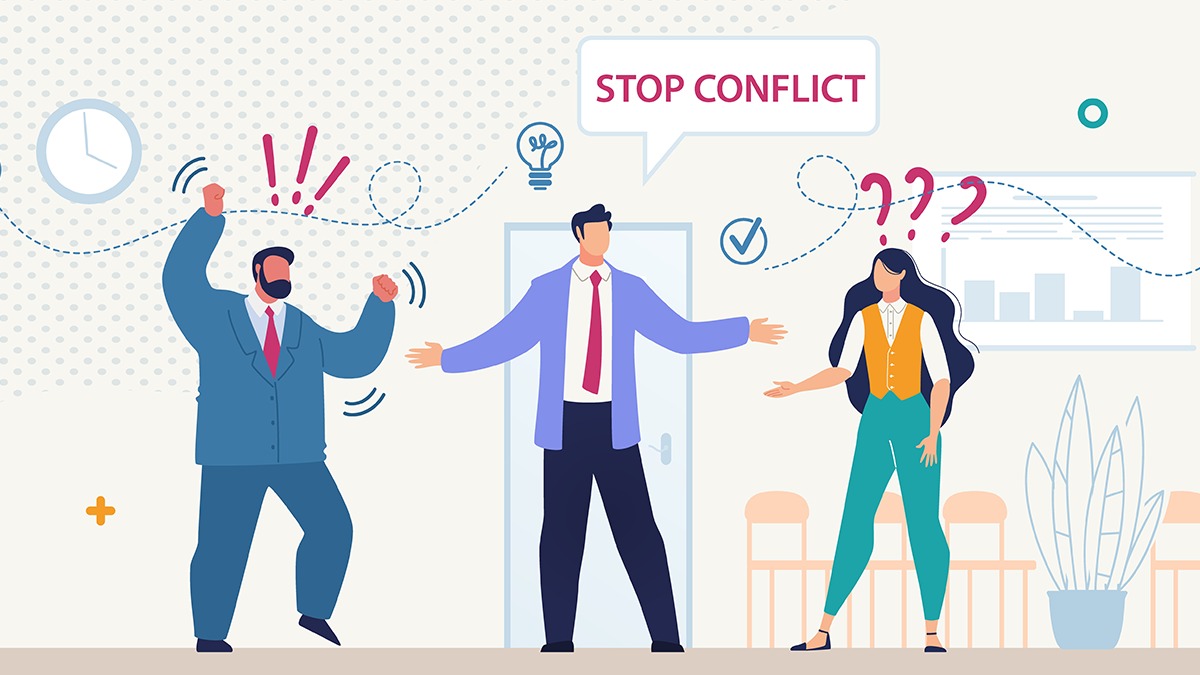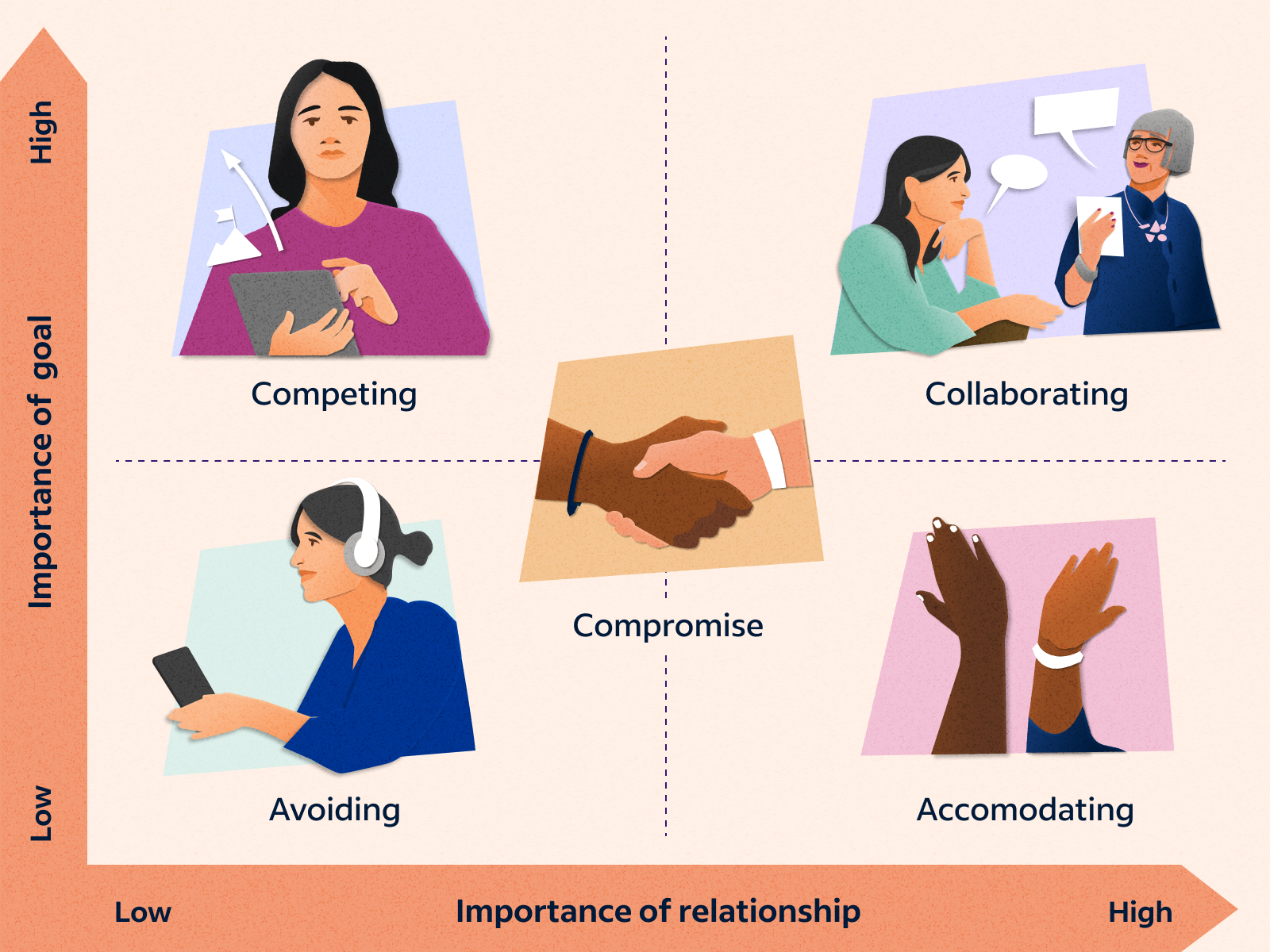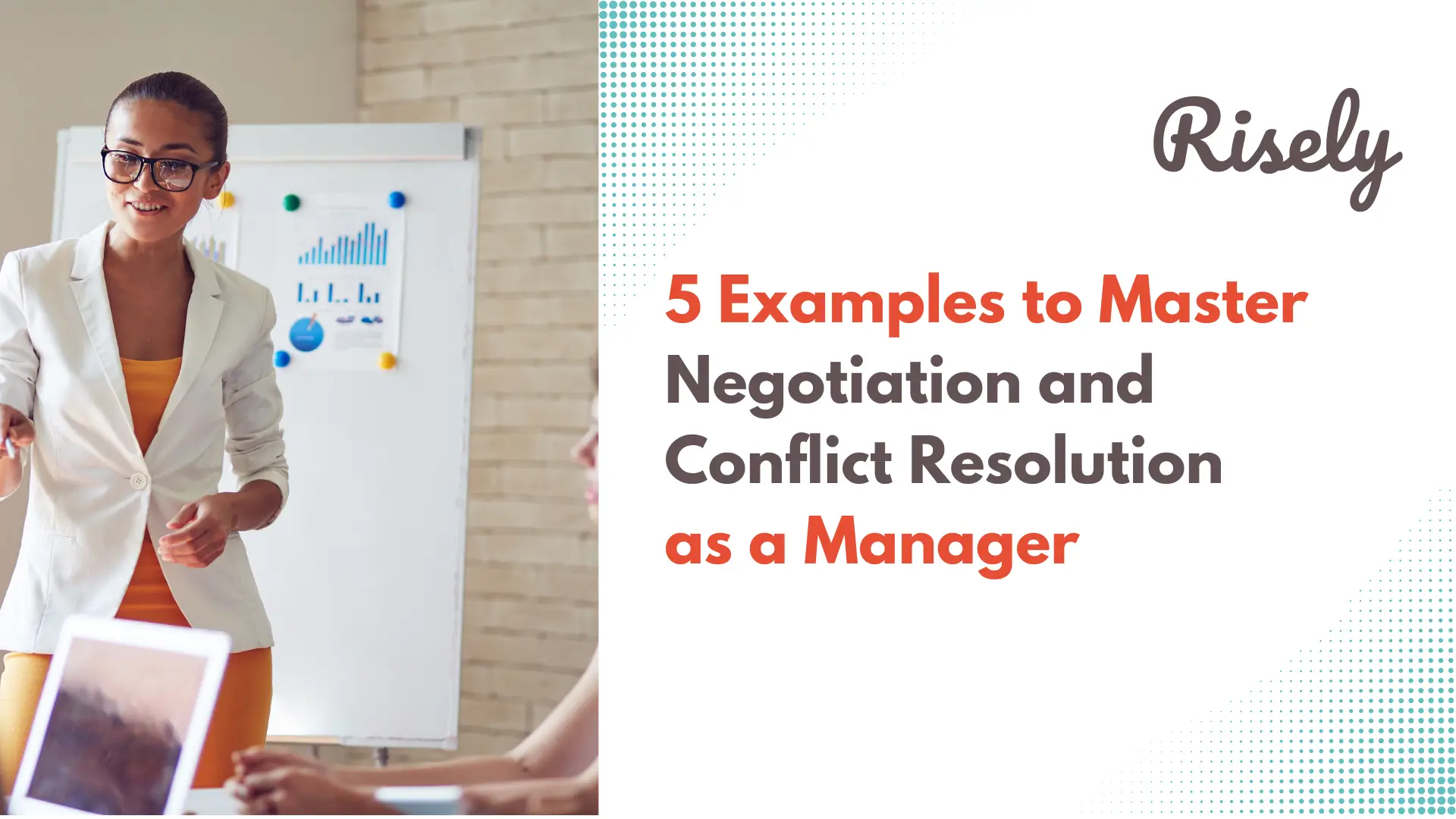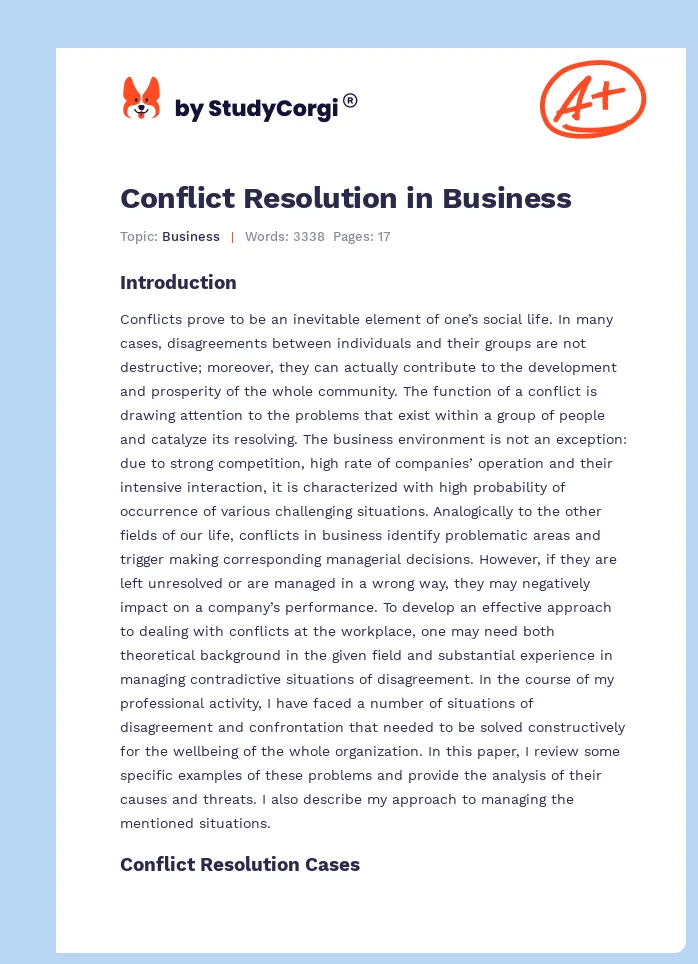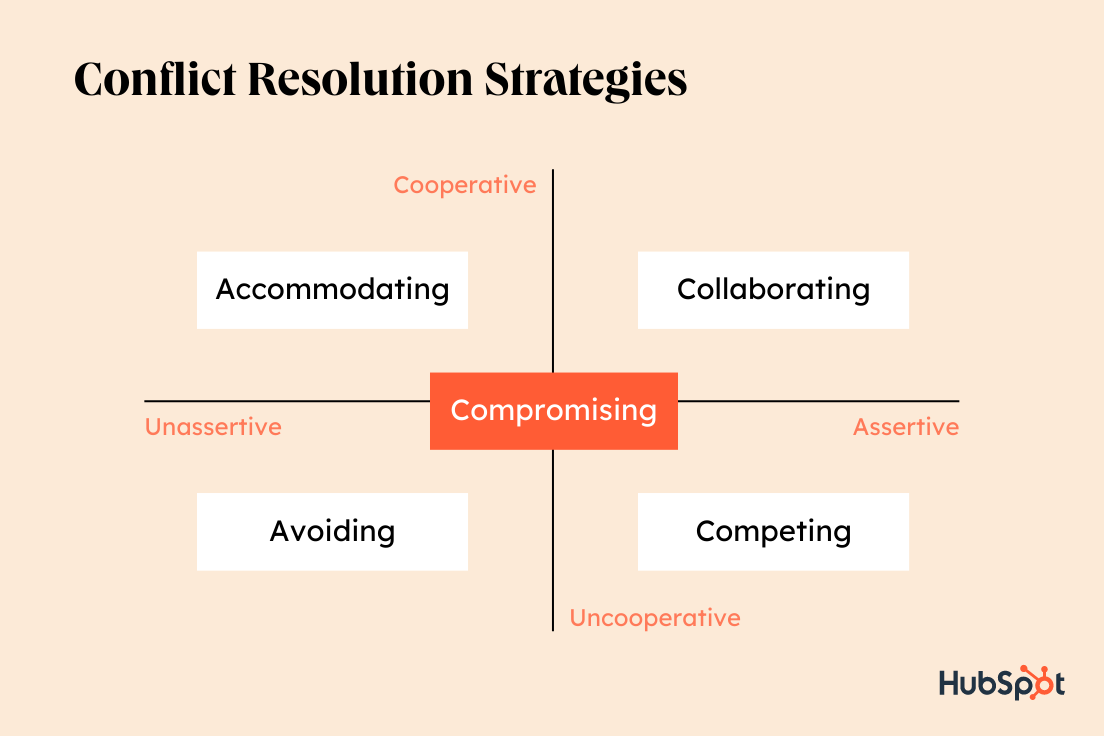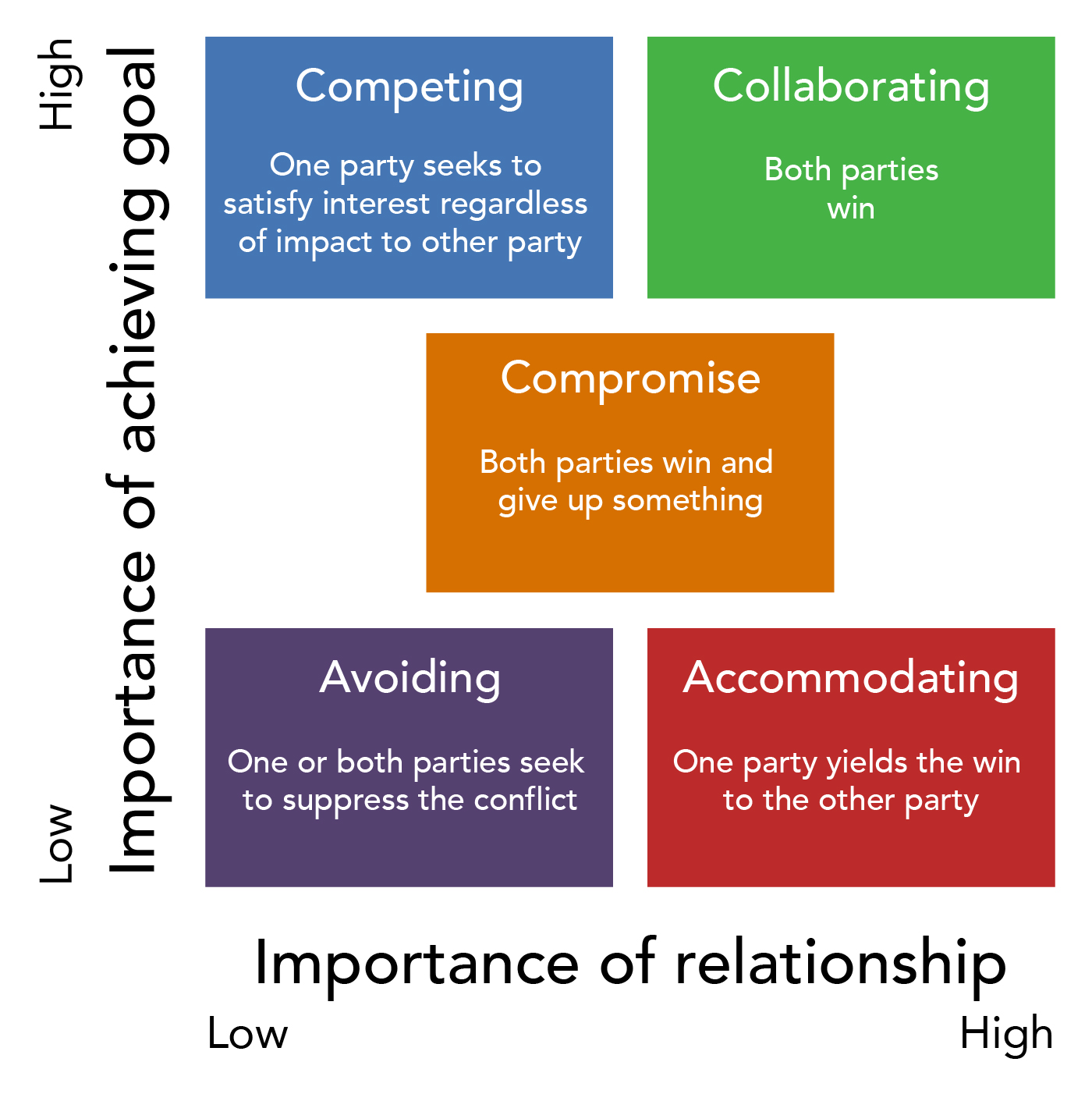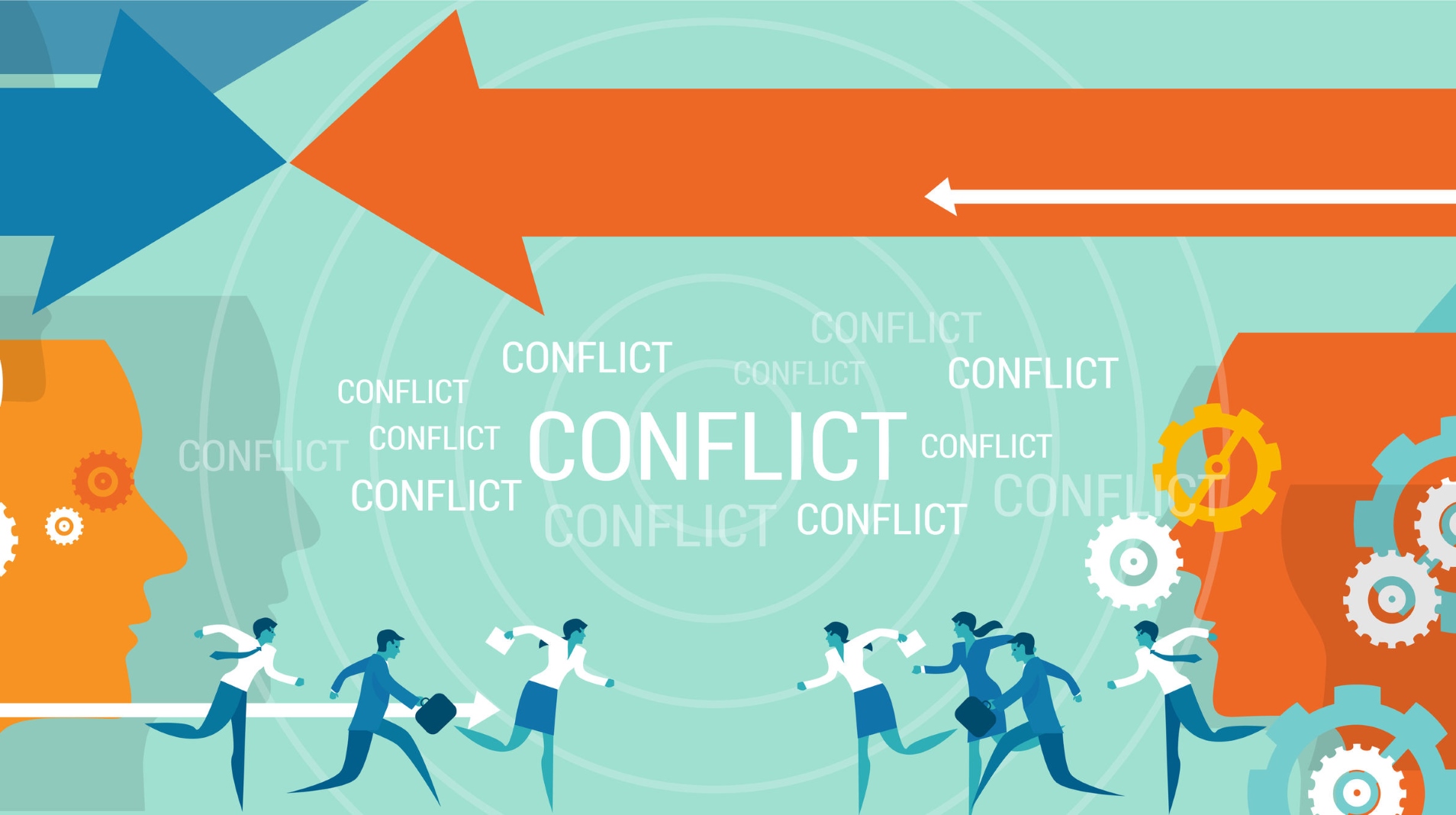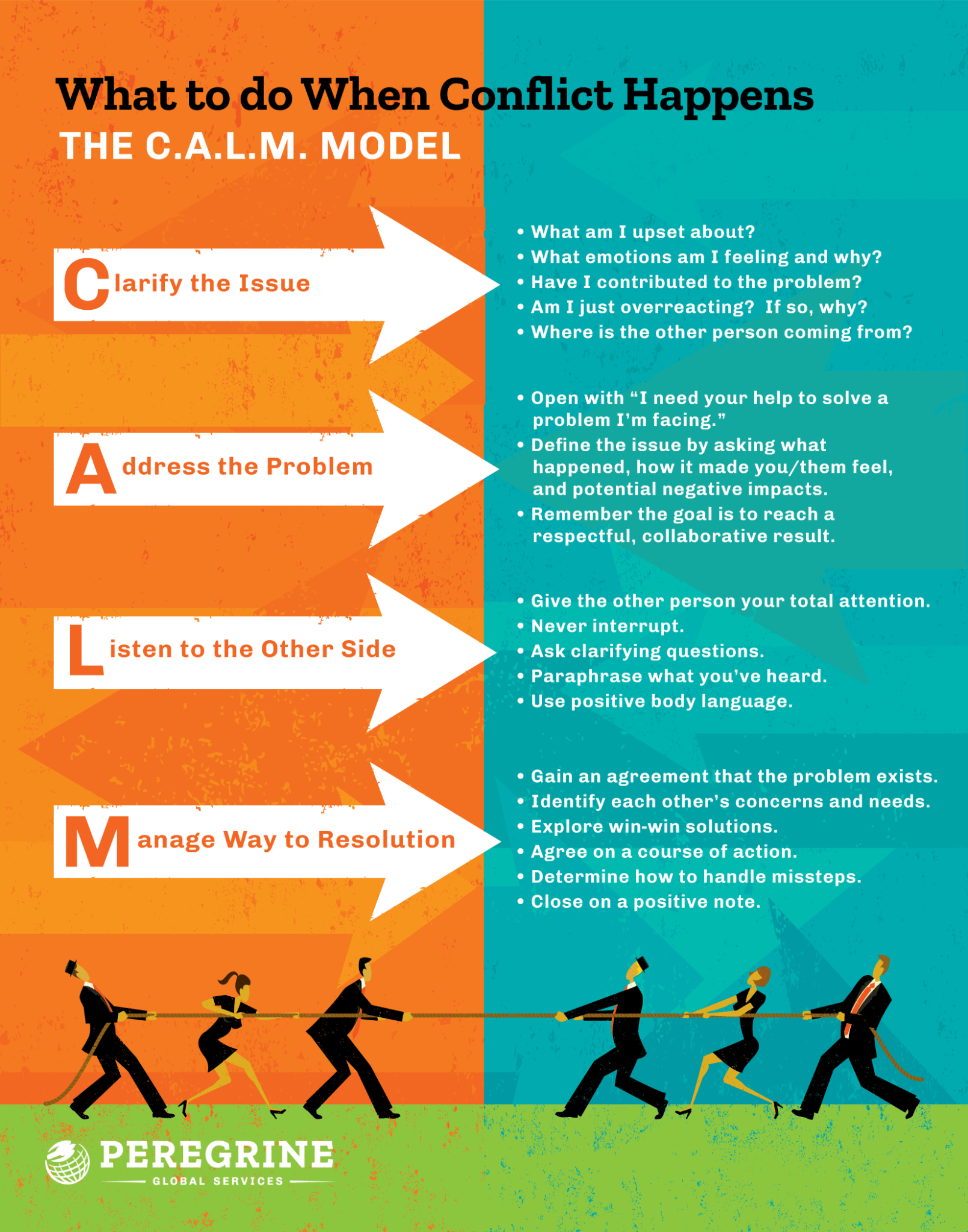Conflict Resolution In Business Management
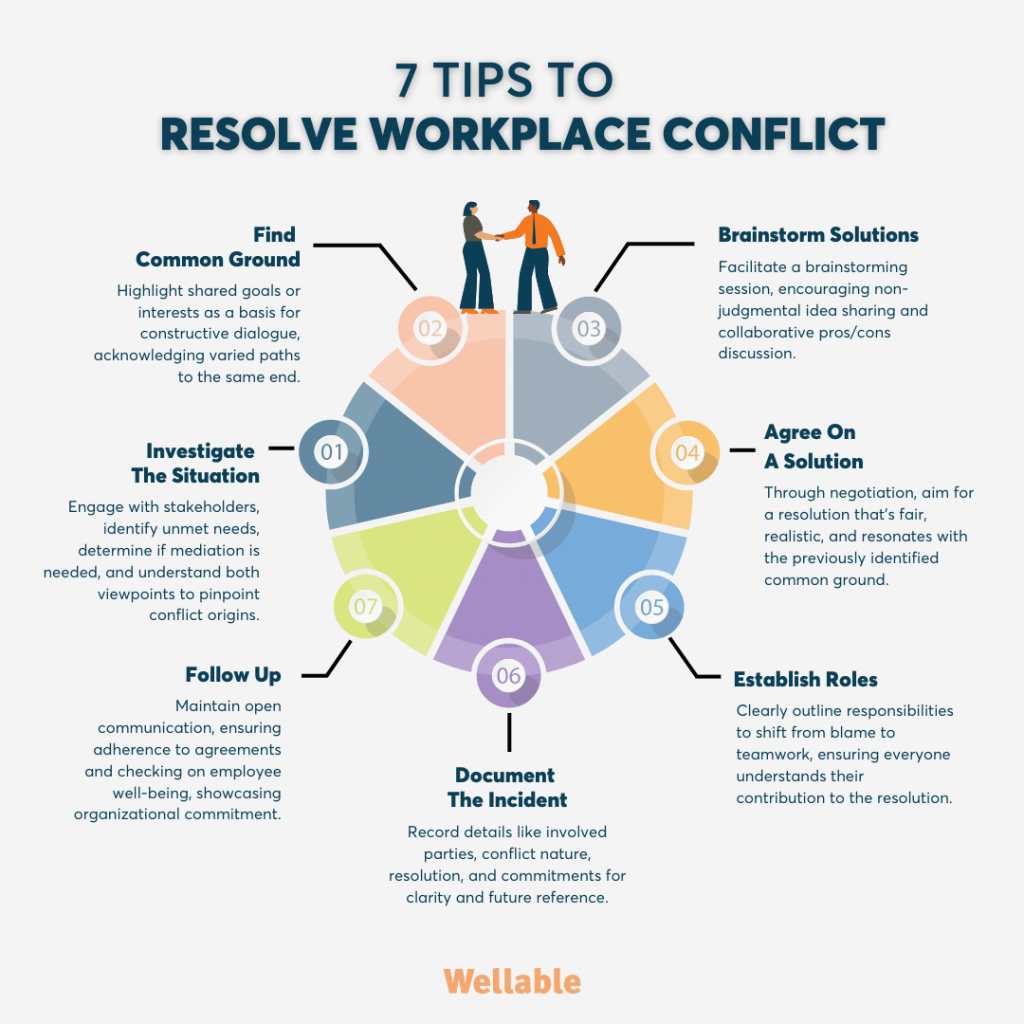
The boardroom battle. The silent treatment across cubicles. The explosive email thread. Unresolved conflict within a business can metastasize, eroding productivity, innovation, and ultimately, the bottom line. In today's fast-paced and increasingly complex business environment, mastering conflict resolution is no longer a soft skill but a critical competency for effective management.
This article explores the multifaceted landscape of conflict resolution in business management, examining its various causes, proven strategies, and the evolving role it plays in fostering healthy and productive workplaces. We will delve into both the theoretical frameworks and practical applications of conflict resolution, drawing upon expert insights and empirical data to provide a comprehensive understanding of this essential management discipline. Understanding the root causes and implementing effective resolution techniques are crucial for maintaining a positive and efficient work environment.
Understanding the Roots of Conflict
Conflict in the workplace is inevitable. Differences in opinions, values, and goals are inherent in any collaborative environment.
Competing resources are often a significant source of tension. Limited budgets, shared equipment, or overlapping responsibilities can easily spark disagreements.
According to a study by the Society for Human Resource Management (SHRM), unclear roles and responsibilities are also a major contributor, leading to confusion, frustration, and ultimately, conflict.
Common Conflict Triggers
Personality clashes, communication breakdowns, and differing work styles are frequent catalysts for conflict. Misunderstandings due to poor communication, either verbal or written, can quickly escalate into larger issues.
Structural factors such as hierarchical organizational structures can also contribute. These structures can lead to power imbalances and feelings of unfairness.
Furthermore, external pressures, such as tight deadlines or economic downturns, can exacerbate existing tensions within a team or department.
Strategies for Effective Conflict Resolution
There are several established approaches to conflict resolution, each with its strengths and weaknesses. The most effective strategy often depends on the specific context of the conflict and the personalities involved.
Negotiation, a process where parties directly discuss and attempt to reach a mutually acceptable solution, is often the first line of defense. This involves active listening, clear communication, and a willingness to compromise.
Mediation involves a neutral third party who facilitates communication and helps the conflicting parties find common ground. The mediator does not impose a solution but guides the process toward a voluntary agreement.
Alternative Dispute Resolution (ADR)
ADR methods are gaining popularity as a cost-effective and less adversarial alternative to litigation. Arbitration, where a neutral arbitrator hears both sides of the dispute and renders a binding decision, is one such method.
Another increasingly used approach is conciliation, similar to mediation but where the conciliator may play a more active role in suggesting solutions. Early neutral evaluation, facilitated discussion are also effective.
These processes can be particularly useful in resolving complex business disputes involving significant financial or reputational stakes.
The Role of Management in Fostering a Conflict-Positive Culture
Effective conflict resolution starts with creating a workplace culture that values open communication and constructive feedback. Managers play a crucial role in modeling these behaviors and fostering an environment where employees feel safe expressing their concerns.
Providing training in conflict resolution skills is essential. This training should equip employees with the tools and techniques to manage disagreements constructively.
Establishing clear procedures for reporting and addressing conflict is also critical. A well-defined process ensures that conflicts are addressed promptly and fairly.
Building Resilience Through Conflict
Paradoxically, effectively managed conflict can actually strengthen teams and organizations. By working through disagreements, teams can develop a deeper understanding of each other's perspectives and build stronger relationships.
Conflict can also stimulate creativity and innovation. When different viewpoints are challenged and debated, new ideas and solutions can emerge. Constructive disagreement is essential for progress.
According to Harvard Business Review, organizations that embrace a "conflict-positive" culture are more likely to be adaptable and resilient in the face of change.
The Future of Conflict Resolution in Business
As businesses become increasingly global and diverse, the need for sophisticated conflict resolution skills will only grow. Technology is also playing an increasingly important role, with virtual mediation and online dispute resolution platforms becoming more common.
The rise of remote work presents new challenges for conflict resolution. Managers need to be proactive in addressing potential misunderstandings and fostering a sense of connection among remote team members.
Ultimately, the most successful businesses will be those that prioritize conflict resolution as a core management competency, fostering a culture of open communication, mutual respect, and constructive engagement.

